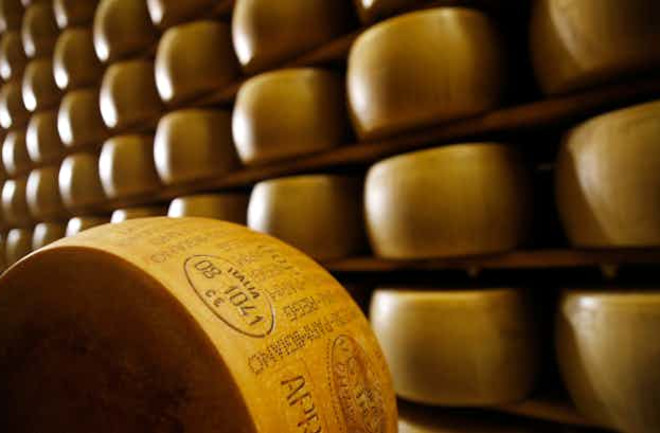Cheese is a relatively simple food. It’s made with milk, enzymes – these are proteins that can chop up other proteins – bacterial cultures and salt. Lots of complex chemistry goes into the cheesemaking process, which can determine whether the cheese turns out soft and gooey like mozzarella or hard and fragrant like Parmesan.
In fact, humans have been making cheese for about 10,000 years. Roman soldiers were given cheese as part of their rations. It is a nutritious food that provides protein, calcium and other minerals. Its long shelf life allows it to be transported, traded and shipped long distances.
I am a food scientist at the University of Wisconsin who has studied cheese chemistry for the past 35 years.
In the U.S., cheese is predominantly made with cow’s milk. But you can also find cheese made with milk from other animals like sheep, goats and even water buffalo and yak.







